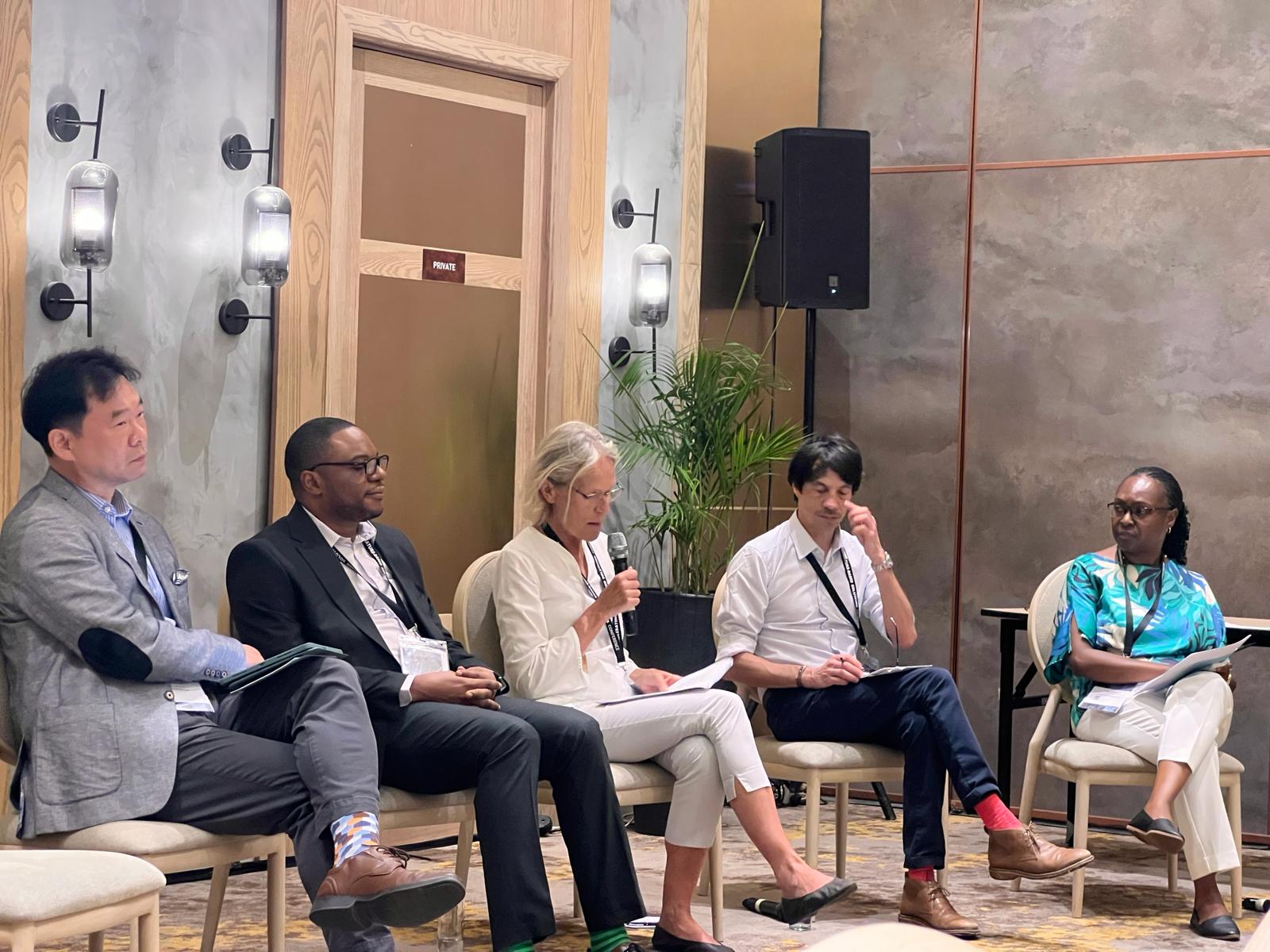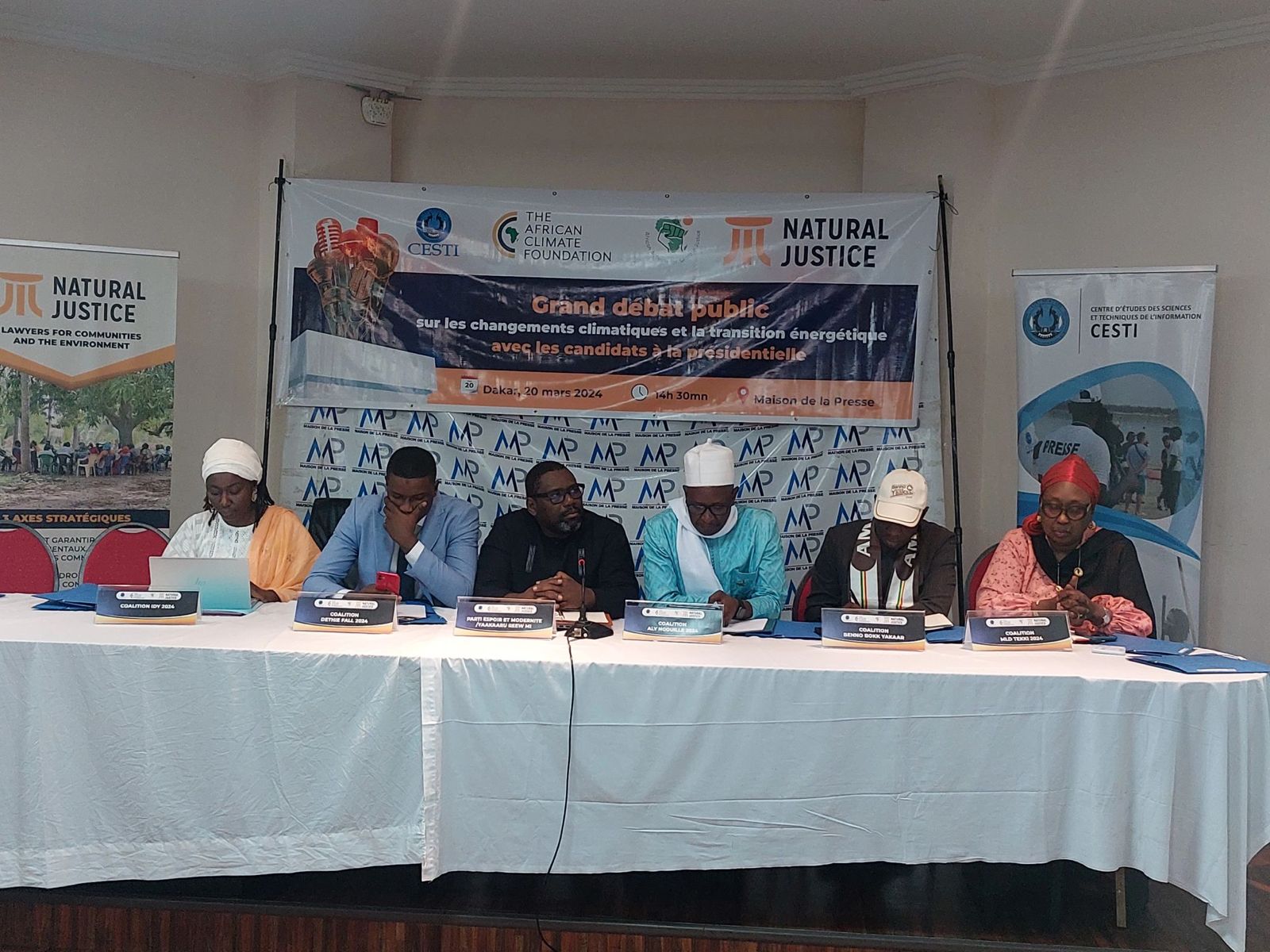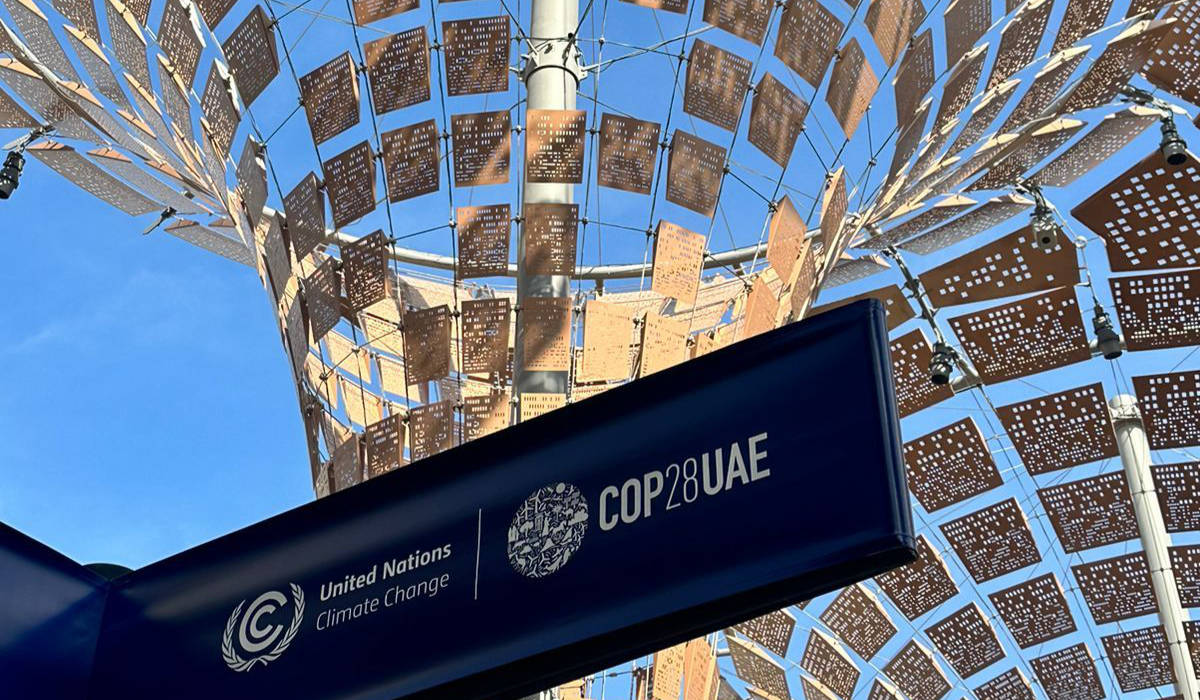As the climate talks in Glasgow reached the halfway stage, it was apparent that much work was still needed if the goals that COP26 had set itself were to be met.
The summit aimed to find a way to keep global warming to 1.5 degrees and ensure that vulnerable countries had the resources to mitigate climate change.
This first week at the talks was dominated by a number of big declarations – including South Africa’s big multibillion-dollar climate finance deal announcement – and of new initiatives in the real world outside the negotiating halls. There was excitement around an alliance of more than 90 nations, covering two-thirds of the global economy, committing to reduce methane emissions by at least 30% from 2020 levels by the end of the decade. And more than 40 countries agreed to phase out coal-fired power.
“Week one has seen progress, mainly outside of the formal negotiations,” said Fernanda Carvalho, global policy manager at the World Wildlife Fund. But she warned that the announcements alone would not deliver the step change needed to tackle the climate crisis.
Teresa Anderson, climate policy adviser from ActionAid International, agreed.
“Week one of COP26 has been marked by a series of glitzy, high-profile announcements from rich countries. But there is a danger this is becoming a negotiation-free climate negotiations. These announcements look shiny but lack substance.”
Negotiators under pressure
The pressure is now firmly on negotiators who will have to devise a formal plan behind closed doors.
The second week will see detailed technical and political negotiations take centre stage, with negotiators expected to burn the midnight oil.
Jennifer Morgan, Greenpeace’s executive director, said the big tests for COP26 success were finance, adaptation, and loss and damage.
“To meet the ambition and action required, countries have to get out of their comfort zones.”
The biggest clash is expected on climate finance – whether the rich nations largely responsible for the climate crisis will provide sufficient funds for poor, vulnerable and developing nations to switch to renewable energy and cope with the rising storm to come.
Finance discussions continued throughout Saturday. One delegate predicted the coming week would be hectic, especially on the finance front. The negotiators said the text describing a deal on the new collective, quantified climate finance goal was too long, and was “essentially a wish list”. Another said the text showed how far apart developed and developing countries still were on this issue.
Managing carbon credits
But Article 6, the part of the Paris Agreement’s rulebook on carbon credit trading systems, is still causing headaches. Article 6 essentially deals with climate projects that cross national boundaries. Negotiators still have to put the finishing touches to agreements on how countries trade carbon offsets — either informally or as part of a new centralised market mechanism — and how they use non-market-based approaches to cut emissions in other countries.
Article 6 is also not a favourite of non-governmental organisations, who have described it as “greenwashing” because big polluters could buy their way out of obligations to cut emissions by buying carbon credits.
Yet negotiators seemed optimistic about Article 6, and believed that a decision would be reached in Glasgow. One negotiator said everyone was more familiar with the “technical nitty gritty”, the very complicated details of cross-border trading schemes, than they were at the last two climate summits.
Questions of loss and damage, a polarising issue that asks developed countries to compensate the most vulnerable countries affected by climate change such as the small island nations, is also likely to ignite lively debate inside negotiating rooms.
Some progress made
Negotiators have been laying the groundwork with meetings, progressing towards this week’s crunch time. Delegates at the conference are aware that there is still a big credibility gap between the more ambitious long-term promises and short-term actions, and this would have to be bridged this week.
Civil society representatives have not been impressed with the progress so far, and called for much stronger leadership in the negotiations. More pressure was needed for countries to commit to count their emissions to keep global warming beneath 1.5 degrees, they said in a barrage of statements over the weekend.
They challenged countries to get serious about the real substance of the negotiations and come up with ambitious and concrete proposals to move discussions forward. Negotiators in Glasgow must approach their work like their lives depend on it, the representatives said. They also called for a “flood of finance” to address the loss and damage issue.
Yet the African group was optimistic that progress had been made, and said in a statement that the groundwork had been laid in week one for a possibly fruitful week two.
Hard work remained
Tasneem Essop, executive director of the Climate Action Network, which encompasses the major NGOs, said that so far COP26 had been high on grandstanding climate declarations and pledges and low on real commitments, especially on finance and importantly, finance for loss and damage caused by climate change.
“Next week must be a return to the drawing board to finalise a plan that truly responds to the needs of people on the frontlines of the climate crisis. We demand that leaders step up and deliver real solutions and not just smoke-and-mirror declarations.”
Morgan said that developed countries need to come forward with adaptation finance that can be scaled up. “International cooperation to enhance ambition must remain central to the negotiations.”
She said developing countries required finance in the trillions, yet rich countries had defaulted on a 2009 commitment of $100 billion annually by 2020.
“Rich countries must deliver on the shortfall between 2020 and 2025 as suggested by climate-vulnerable countries.”
Commenting on the loss and damage issue James Bhagwan, a leader of the Pacific Conference of Churches, called for urgent action to tackle the gross inequality that had affected Pacific nations through extreme weather events and rising sea levels.
He said that if action was not taken on loss and damage, then COP26 would have been a failure.
“It’s important that negotiations happen but global leaders need to mobilise now and additional grant-based climate financing, especially for adaptation and loss and damage.”



